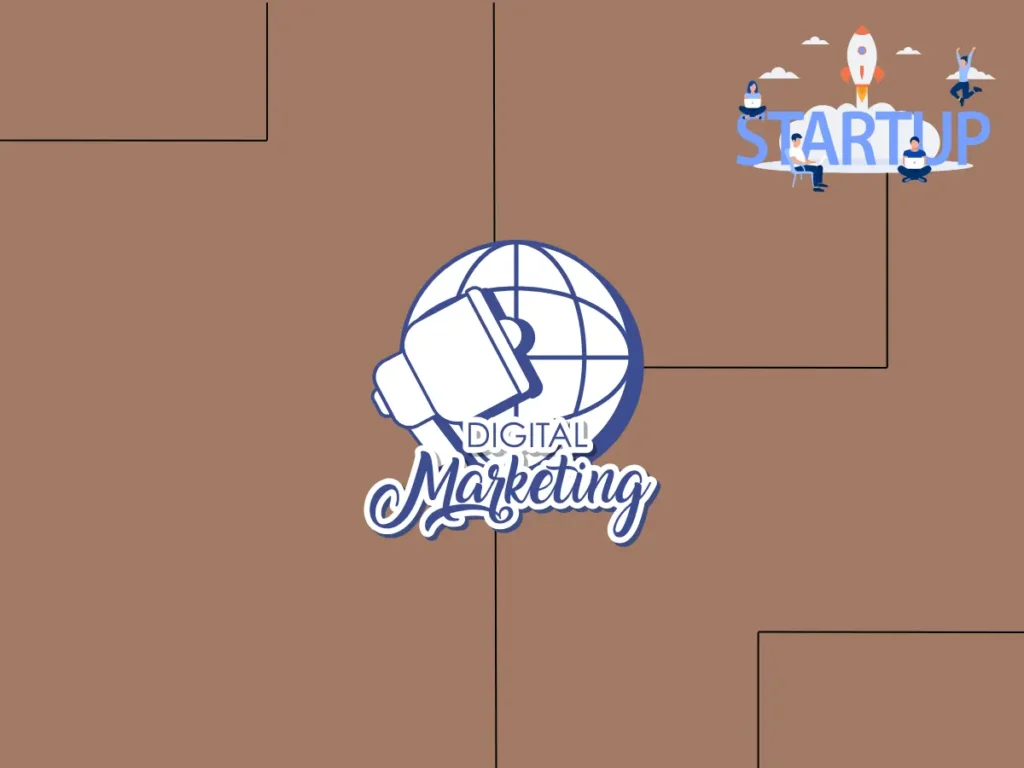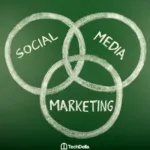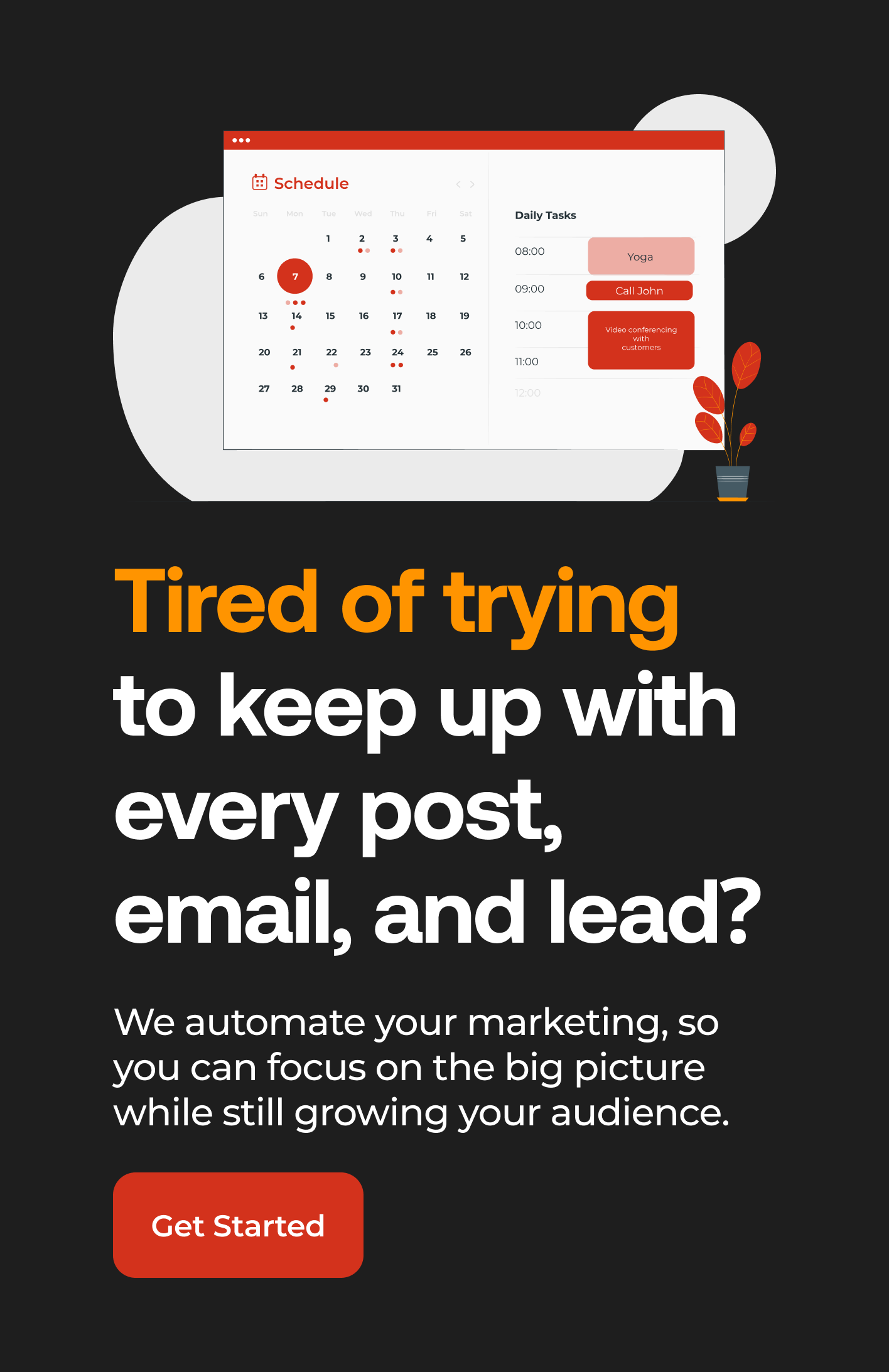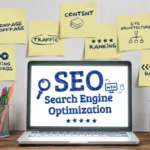
Email Marketing Campaigns for Start-up: How to Guide
Omolola AkiyodeMarketing Guide4 months ago10.3K Views
- Home
- Marketing Guide
- Email Marketing Campaigns for Start-up: How to Guide
Are you looking to set up an email marketing campaign that really gets those open rates and click-through rates up?
If yes, then you are in the right place.
Email marketing plays a crucial role in the success of any start-up. Did you know that for every $1 a start-up puts into its email marketing campaign, it typically sees about $36 back? Your email campaign could give you a return on investment of 3,600%!
So, if you want to take your start-up to the next level, it’s important to figure out how to create email marketing that aligns with your startup’s goals.
This article will talk about everything you need to know to start sending great email marketing campaigns for start-up that will improve your ROI, drive sales, and boost your conversion rates.
First, let’s talk about what is an email marketing campaign and then move to the types of email campaigns.
What Is an Email Marketing Campaign?
Email marketing campaigns are all about sending out a series of emails that will help you connect with your audience, showcase your products or services, and motivate them to take certain actions. It’s a strategic way to engage with people who matter to your business.
Email campaigns are typically sent to people who have signed up for the company’s email list or have been given the green light to receive marketing emails.
Learn more on how to launch a successful holiday email campaign.
What Are the Types of Email Campaigns?
There are several types of email marketing campaigns for start-up that can be utilized to succeed. Here are a few common types:

1. Newsletter Email Campaigns
Email newsletters are an effective way to keep your subscribers in the loop about the latest news, updates, and trends in your industry. They help keep everyone engaged and informed about your brand!
You can pack newsletters with all sorts of content, like articles, blog posts, videos, and images. You can also change them to focus on certain subscriber groups depending on their interests or behaviors.
2. Promotional Email Marketing Campaigns
Promotional emails are all about getting the word out about a product, service, or event. They usually share details about sales, discounts, or special offers. You’ll also find announcements for new product launches in these emails.
They can boost immediate sales and help build customer loyalty. Plus, they can be customized to fit what subscribers like, based on their past purchases or what they’ve browsed on the website.
Learn more: The Advantages of Email Marketing for Holiday Promotions
3. Welcome And Onboarding Email Marketing Campaigns
Onboarding emails are sent out to new subscribers to give them a warm welcome to the brand and to introduce them to all the cool products or services you offer.
These emails really help shape how subscribers feel about the brand and are a great chance to create a positive first impression. Welcome emails are a great place to throw in some incentives like pricing discounts or freebies. It really helps to encourage subscribers to make a purchase!
4. Re-engagement Email Marketing Campaigns
Re-engagement email campaigns are all about getting those inactive subscribers to reconnect with the brand. You can send them to those who haven’t checked out your emails in a bit.
You could also send them to those who have decided to cancel their paid subscription with your company. These emails usually come with incentives like discounts or exclusive content, to motivate the subscriber to take action.
Re-engagement emails are a great way to ask subscribers for their thoughts on why they haven’t been active and how the brand can make their experience better.
5. Abandoned Cart Email Marketing Campaigns
Abandoned cart emails are reminders sent to those who added items to their online shopping cart but didn’t go through with the purchase. These emails gently push potential customers to finish their purchase by reminding them of the items still in their cart and offering sweet deals like discounts or free shipping.
Now that we have discussed what and types of email marketing campaigns, let’s discuss the 8 effective ways to email marketing for startups.
How to Start Email Marketing Campaigns for Start-Up: 8 Effective Strategies
Starting email marketing requires a good foundation. Understanding your audience, creating valuable content, and getting your emails in the inbox leads to success. Strategy, compliance, and technology are needed.

Define your goals: Do you want to generate leads, cultivate prospects, or retain customers? Build your email list and choose campaign tools from there.
Here are 8 email marketing best practices for startups.
1. Build a Quality Email List (inbound & outbound)
The first step for the email marketing campaigns for start-up is the email list. Your email list is the backbone of email marketing. So, there are basically two main ways to build it:
Inbound: You can easily capture emails by using forms on your website.
If you’re in B2C, this could mean signing up for product offers, discounts, or newsletters. In B2B gated content, such as free tools, eBooks, or when people request demos and sign up for events and webinars.
Outbound: When you’re looking to connect with potential leads, consider using tools like LinkedIn Sales Navigator or databases such as Apollo or GoodFit to help you out.
Pro Tip: To keep your list clean and avoid delivery problems, you should always use a tool like a Safety Net to check email addresses.
Click here to learn more about email segmentation
2. Know your ICP (ideal customer profile)
Another effective strategy for email marketing campaigns for start-up is knowing your ICP. Before you start your campaigns, take a moment to figure out who your ideal customers are.
Think about who you want them to be or who you believe would really benefit from your product. This will help you reach the right individuals and create messages that really connect.
Pro Tip: If you’re not quite sure who your ideal customer profile is, it’s a good idea to start with a wider approach. Then, take a look at the engagement metrics to help you refine it.
3. Outreach to Only Quality Email Addresses
We talked about quality earlier, but it’s important to highlight that even though inbound leads might look more dependable, they don’t always guarantee better quality.
Make sure to validate all email addresses. Sending messages to invalid ones or to those who often report spam can really hurt your sender’s reputation. Having good list-cleaning habits is important regardless of how big your start-up is.
Pro Tip: Make sure to run your contact lists through a risk-analysis tool before you launch any campaign, no matter where those leads are coming from.
4. Create Engaging Content that Avoids Spam Folders
Creating engaging content is another strategy for email marketing campaigns for start-up. No matter how great your email looks, it won’t do you any good if it lands in the spam folder. Make sure your content is:
- Important for the person receiving it
- Finding the right mix of text and visuals
- No spammy stuff like too much capitalization or tricky subject lines
Pro Tip: When you’re contacting someone for the first time, it’s best to skip the links and images. I know it might not seem very exciting, but trust me, it’s better to play it safe and protect your sender’s reputation. Once someone interacts with your content, you can start sending them emails that are a bit more exciting.
5. Stay Compliant with Regulations
Staying compliant is very significant to steer clear of penalties and keep that trust intact. Make sure to follow GDPR, CAN-SPAM, and other email rules by:
- Adding clear options for unsubscribing.
- Making sure the sender is properly identified
- Emailing people who have agreed to receive them
Pro Tip: When you’re sending out bulk or mass emails, make sure to add a one-click unsubscribe option. It’s very important! This was part of the Google Sender Guidelines that came out in February 2024.
6. Test Different Channels and Strategies
Email marketing is not a one-size-fits-all approach. Try out different sending times, subject lines, and types of content. A/B content testing is a great way to figure out what really resonates with your audience.
Pro Tip: Try using a content testing tool to check out which versions of your email might end up in the spam folder more often. This can really help you understand how it impacts your sender’s reputation.
7. Collaborate with Other Departments
To make sure all of your messages are the same, work with the sales, customer success, and operations teams. When communications overlap, it can really wear people out with emails and even damage your domain’s sender reputation.
8. Monitor your Sender’s Reputation
Lastly, the step you need to take on the email marketing campaigns for start-up is to monitor your sender’s reputation. Your sender reputation is like a score that every email domain has.
It basically decides if your emails end up in inboxes or get sent to spam folders. You can use a tool like Google Postmaster. It’s great for monitoring your spam rate scores.
Pro Tip: Make sure your email domain is set up right for sending emails according to email service providers. Also, monitor your reputation score across departments to make sure nothing affects your sender’s reputation.
Now we’ve discussed the effective strategies for email marketing campaigns for start-up, let’s take a look at the benefits of email marketing campaigns for start-ups.
Benefits of Email Marketing for Startups
Let’s take a closer look at how email marketing can really help startups that are just starting.
- Cost-effectiveness: Email marketing tools are usually quite budget-friendly, and a lot of them have free or low-cost options that work well for startups, providing enough features to run successful campaigns.
- More chances for personalization: Email lets startups break down their audience by behaviour, preferences, or demographics, which means they can send really customized messages. If you do this from the start, it will be much easier to scale up your email marketing later on.
- Direct communication: Email goes directly to the user’s inbox, providing startups with a personal way to connect with customers and include clear calls-to-action (CTAs).
- Scalability: Whether you’re sending out 20 emails or reaching 2,000 people, email marketing can easily grow with you without a significant increase in costs.
- Measurable impact: Metrics such as reply rates, click-through rates, and conversions help startups keep an eye on their performance and make decisions based on data.
Drawbacks of Email Marketing for Startups
Email marketing can be very effective, but it can also be hard, especially for new startups:
- Deliverability problems: If you don’t handle your email campaigns and warm-ups well, spam filters may mark your emails as spam, which will make them less visible and hurt your domain’s reputation.
- Setup takes a lot of time: Getting a good email list, making interesting content, and automating processes all take a lot of work at the beginning.
- Saturation: It can be hard to stand out in a crowded inbox because so many businesses use email marketing.
Best Email Marketing Software for Startups
- Techdella: This platform brings together email marketing and solid CRM tools, making it easy for your marketing, sales, and customer service teams to work in sync. With its user-friendly interface, integrations, and scalability, it’s a smart pick for startups looking to grow over time.
- Mailchimp: Perfect for those just starting out, it features a simple interface and a free plan that covers basic email automation and templates. Plus, it has advanced analytics and integrations for when you’re ready to take your email marketing to the next level.
- Sendinblue: A budget-friendly email solution that also offers SMS marketing, making it an ideal option for running multichannel campaigns. It even comes with a built-in CRM, which makes managing customers alongside your email outreach.
Click here to learn more about Top Email Marketing Platforms
Conclusion
An email marketing campaign can truly transform start-ups – provided it’s executed effectively. This is a channel that every startup can’t afford to ignore because of its affordability, strong return on investment, and scalability.
Email marketing is a powerful tool for your startup, driving growth and building lasting relationships. By following established guidelines, prioritizing exceptional content, and choosing the right strategies.
If you find yourself feeling uncertain at any stage of your email marketing campaign, don’t hesitate to reach out to us for support—we’re here to help and eager to assist you.
Related Posts
Stay Informed With the Latest & Most Important News
Previous Post
Next Post
Previous Post
Next Post
Search Posts
About Us
At Techdella, we’re all about empowering businesses and startups with the tools, tips, and insights they need to thrive. From tech trends to marketing strategies, social media hacks to website tips, we break it all down in a fun, easy-to-digest way. Let’s innovate, grow, and win together!
Tags
Blogging Business Blog Niches Business Growth Business Guide Business Ideas Business Owners Business plan Cybersecurity Digital Marketing Digital Products Domain Names Early stage entrepreneurs ecommerce eCommerce Marketing Email Marketing Email marketing tools Entrepreneur’s Guide Featured Holiday Marketing Holiday promotions Influencer Marketing Marketing Marketing Campaign Marketing tools Mobile App Business Mobile Apps Monetization Tips Popular Promotions SaaS Business SEO seo for startups SEO Marketing Small Business Guide Social Media Campaign Social media marketing Software Business Startup Guide Startup teams startup tools Tech Startups VPN Website Hosting Website Monetization WordPress Hosting




























